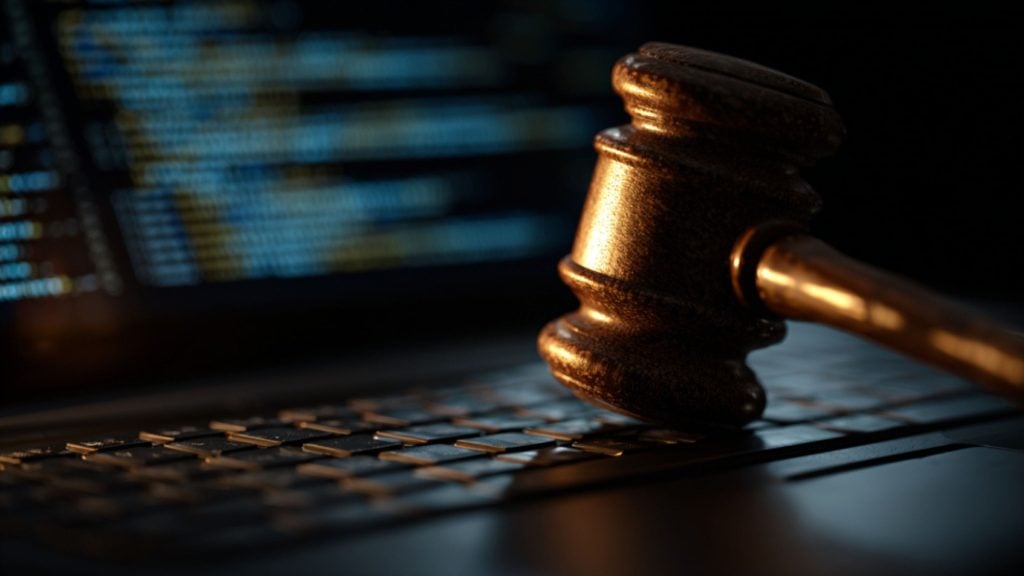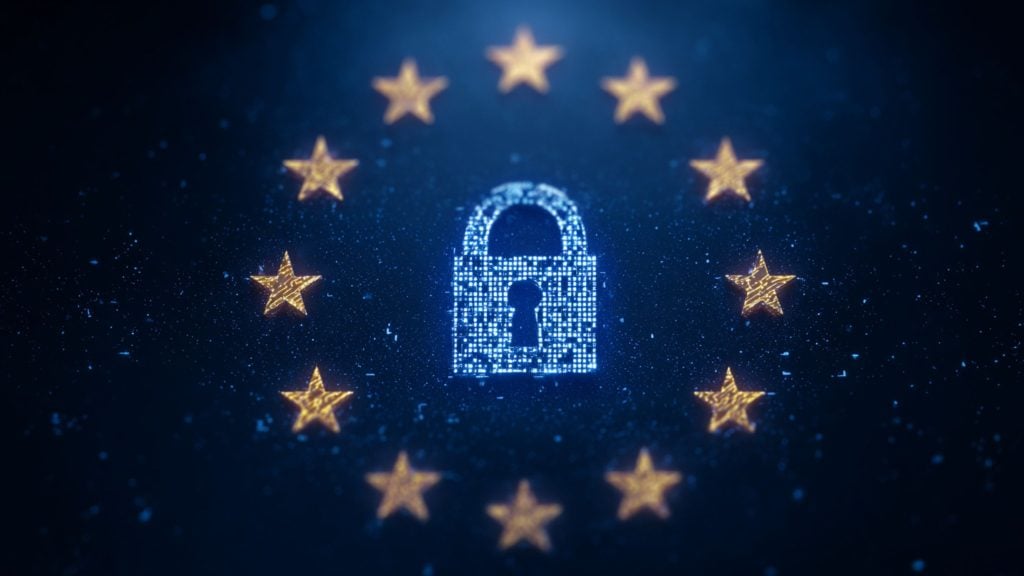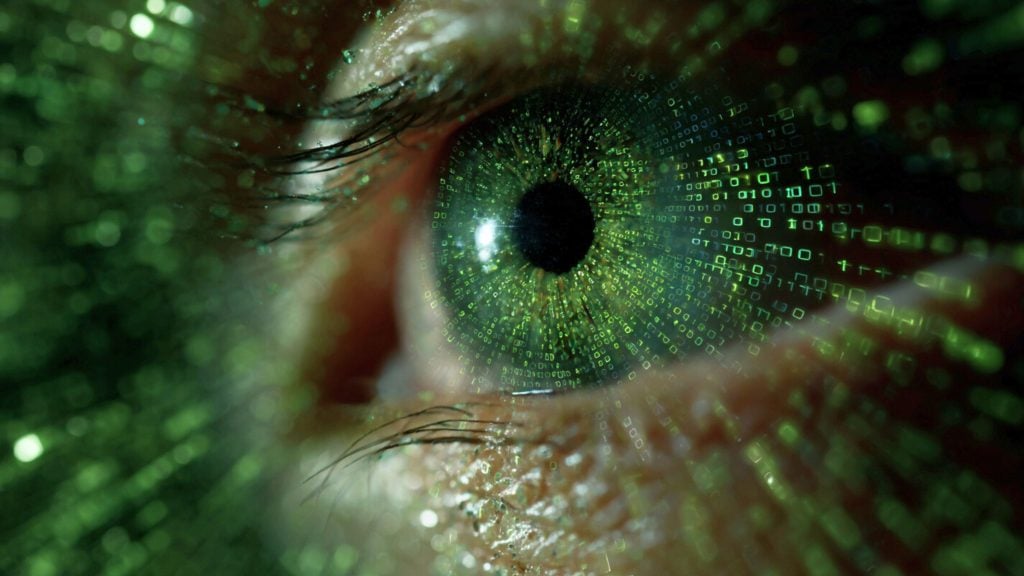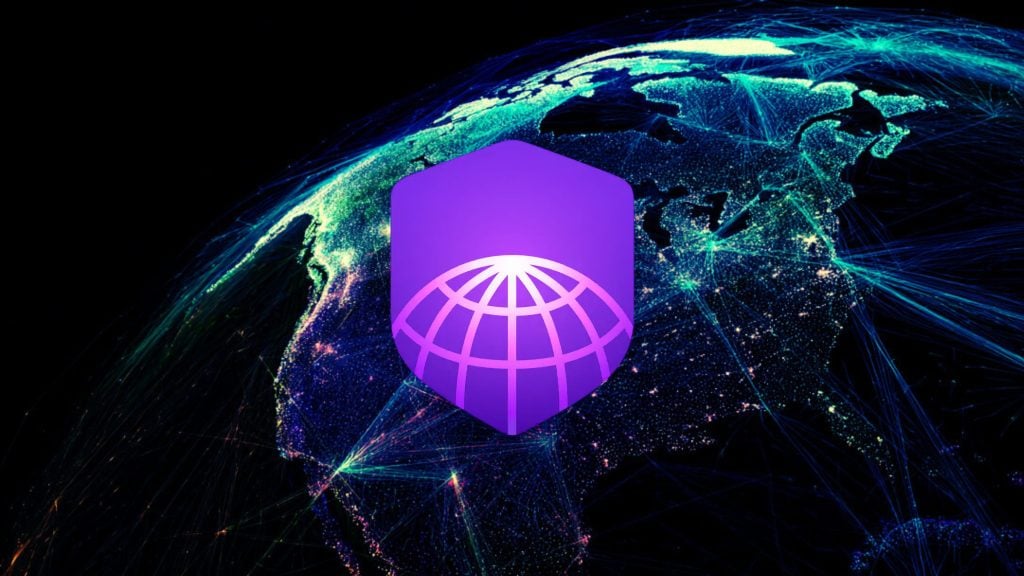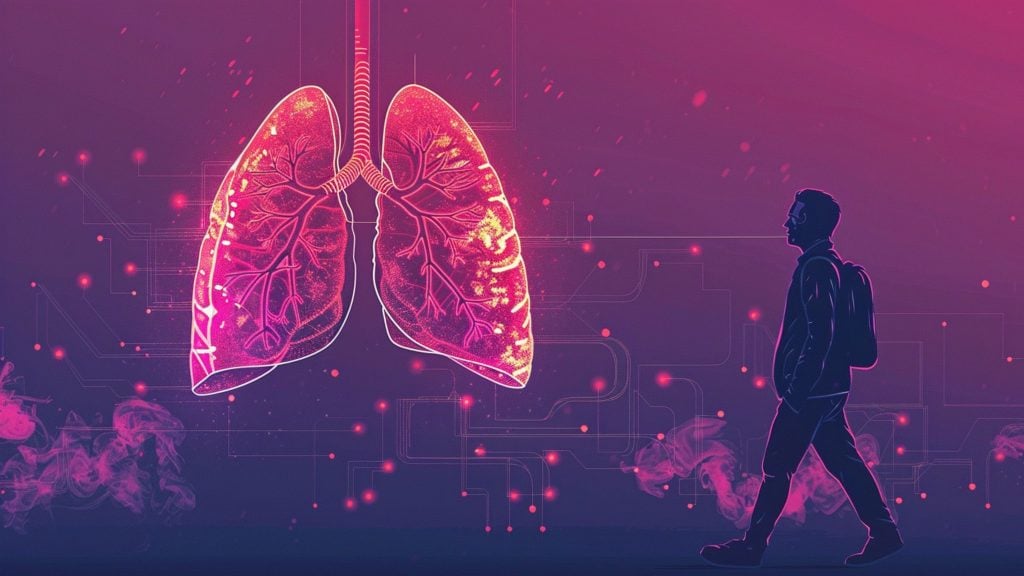Britain’s oldest drama school Lamda encouraged students to report microaggressions through QR codes placed around the school. The anonymous reporting system has been trialed and could be fully launched in the fall.
The QR codes at Lamda allowed students to access official complaint forms to report microaggressions they have experienced or observed at the campus. The complaints are logged and monitored to determine if “patterns are emerging.”
Critics have described the system as “totalitarian surveillance,” adding that it raises concerns of “culture denunciation.”
Byrn Harris of Free Speech Union, said there are growing concerns about institutions of higher education launching systems that allow “sousveillance,” surveillance conducted by people in the group being surveilled.
“This can include procedures that facilitate students telling tales on one another – even by encouraging the disclosure of private social media messages – as well as the sort of “sousveillance” reported at Lamda,” Harris said, according to The Telegraph.
“Sousveillance is particularly insidious, as it makes teaching staff beholden at any given moment to the most hyper-sensitive (or vexatious) student in the seminar room. It openly cultivates a culture of fear-induced blandness.
“It is overwhelmingly obvious to most people that surveillance not only will result in dull and unambitious teaching, but also carries deeply unpleasant reminiscences of totalitarian practice.
“Academic careers have been ruined by universities tolerating, and even inducing, a culture of student denunciation. This is not a merely hypothetical risk. Some higher education institutions have recently woken up to the new culture of intolerance and intimidation. Lamda should join them.”
Lamda said the QR codes were part of a trial to test an anonymous reporting system and that they had been taken down. However, the school could relaunch them as part of the new anonymous reporting system to be launched at the beginning of the 2022/23 academic year.
“We have a number of ways for our students to give feedback and report any concerns they have. We have previously trialled QR codes to facilitate this,” a spokesperson for the university said.
“Following a review, we will be introducing an updated approach in the autumn term.”




